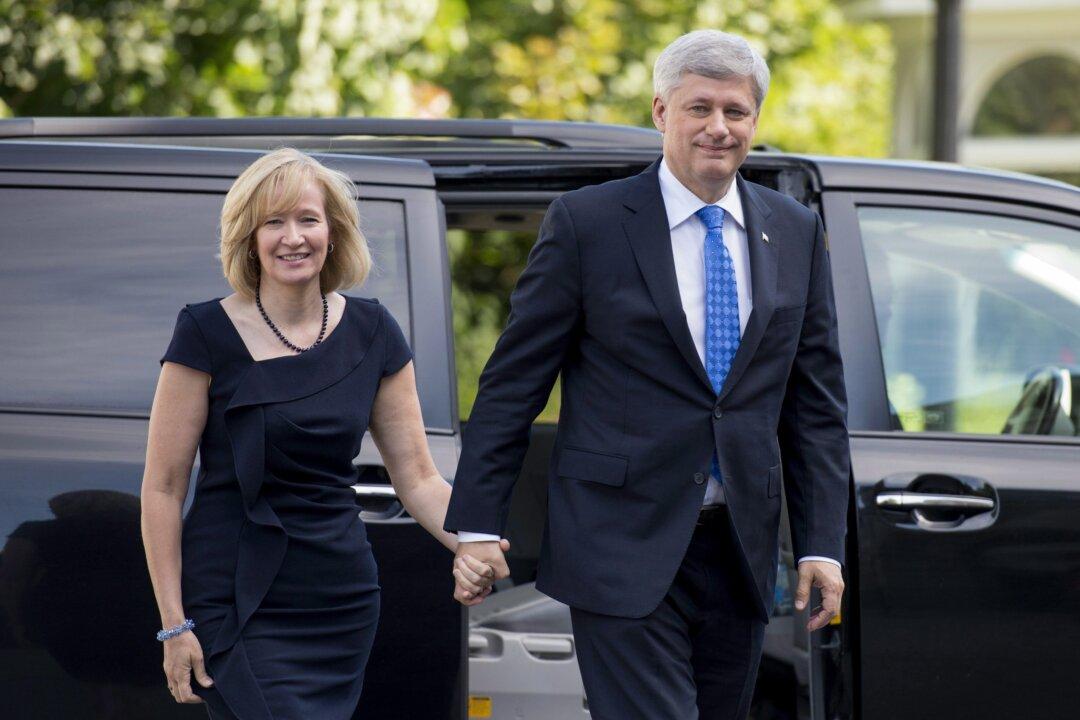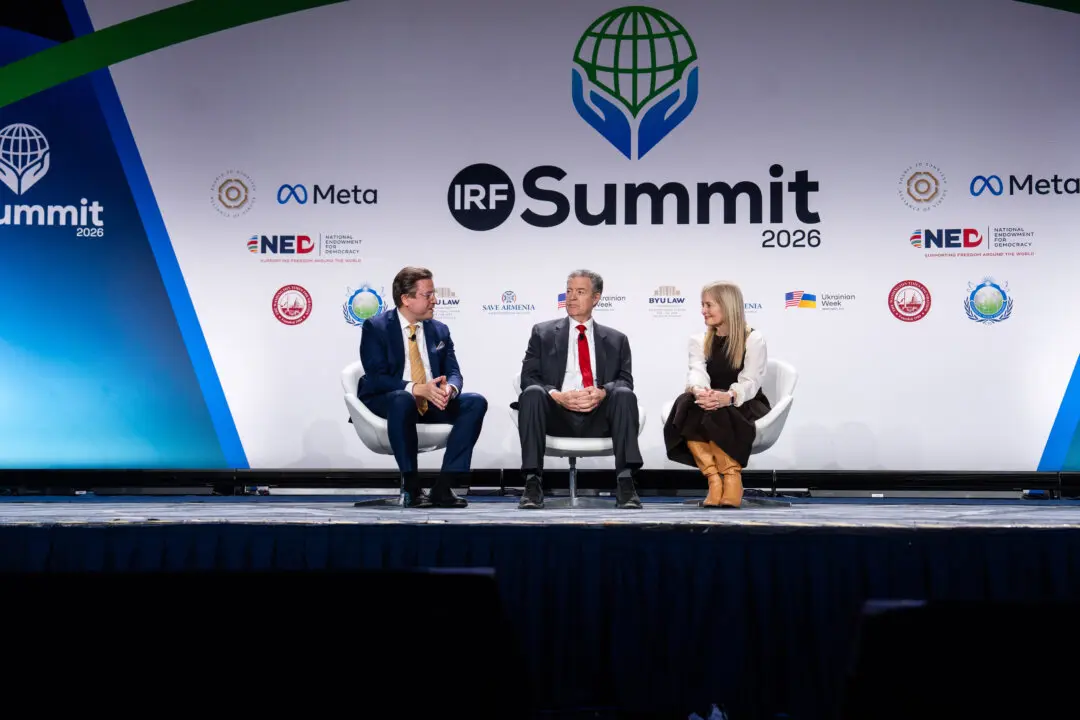OTTAWA—Canada’s political leaders fired their opening salvos on Sunday, Aug. 2, as Prime Minister Stephen Harper pulled the trigger on a marathon election battle that’s expected to rank among the longest, costliest, and most caustic in the history of Confederation.
Harper is set to play his card as Canada’s best economic manager while NDP leader Thomas Mulcair aims to show that he’s ready to become the country’s first NDP prime minister. Both leaders have done their best in recent days to overlook Justin Trudeau’s Liberal party, currently trailing the pack but with the three parties all in striking distance of winning a minority government.
A national election “is not a popularity contest,” Harper said, presumably referring to Trudeau, who must use the next 11 weeks—election day is Oct. 19—to silence a persistent charge that he’s more sizzle than steak.
Mulcair is urging Canadians to put an end to nearly a decade of Conservative rule.
Middle class families “can’t get ahead” and Harper’s plan for the economy “isn’t working,” he said Sunday in Gatineau, Que., across the river from Parliament Hill.
Mulcair isn’t the only one taking shots at the Conservatives’ economic record. Trudeau, trying to reclaim some of the lustre he had when he first took the helm of his party, is also looking to poke holes in the Harper government’s economic record.
The Conservatives intend to grow the economy by making “wealthy people wealthier,” Trudeau said Sunday in Vancouver.
Harper, who called the Oct. 19 vote a “critical decision” on the future of the country, tried to frame the ballot-box question as who should be in charge of managing the economy, creating jobs, and overseeing national security.





